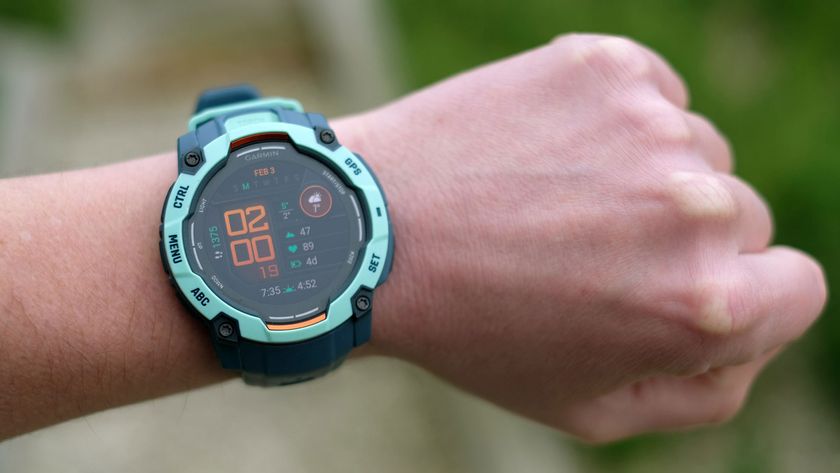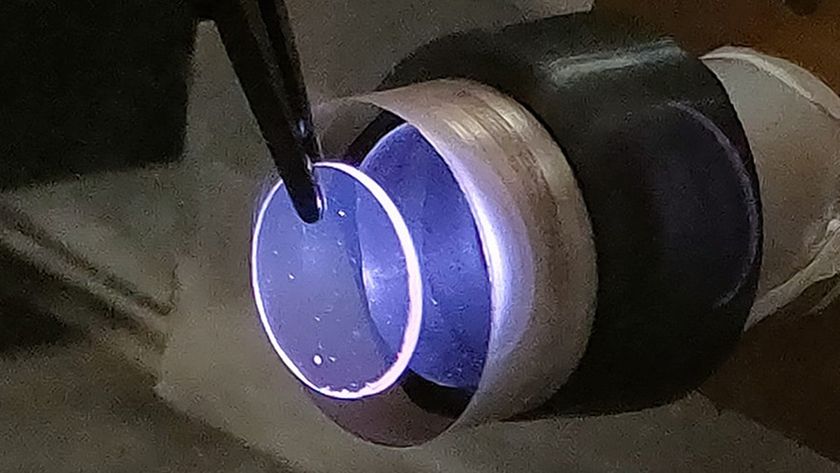Is Constant 'Facebooking' Bad for Teens?

Today's teens and college students are what researchers call "digital natives," or the "iGeneration," a generation constantly connected to the Internet and Facebook, texting and instant messaging. Now, a set of new studies reveals the psychological effects of constant Facebooking.
The news is both good and bad, according to Larry Rosen, a social media researcher at California State University, who is presenting his recent work on digital natives at the American Psychological Association meeting in Washington D.C., today (Aug. 6).
While teens who use Facebook more often show more narcissistic tendencies, they also have chances to learn how to socialize, particularly shy teens. And while Facebook can be distracting, negatively impacting teen grades, social networking can also provide tools for teaching in compelling ways that engage young students.
For parents who worry about online risks, Rosen said, "If you feel that you have to use some sort of computer program to surreptitiously monitor your child's social networking, you are wasting your time. Your child will find a workaround in a matter of minutes,” he said. "You have to start talking about appropriate technology use early and often and build trust, so that when there is a problem, whether it is being bullied or seeing a disturbing image, your child will talk to you about it." [Tips for Parents of the iGeneration]
The good-book
His talk focused on the good and bad effects social networks are having on teens. His findings are based on several computer-based surveys of more than 1,000 urban adolescents. The surveys included questions about computer, Internet and social-network use, use of mobile Internet devices and phone services like texting, as well as factors related to mental health.
He's found that even with all the negative hype, there are some good aspects of the digital lifestyle today's teens were born into.
Sign up for the Live Science daily newsletter now
Get the world’s most fascinating discoveries delivered straight to your inbox.
"It's helping us change in good ways, in ways that help young adults connect," Rosen said. "We may not feel like we are [directly] communicating as much, but we are connecting more."
The online social-networking experience can give shy kids an easier experience building relationships, by speaking through a keyboard instead of in person. Facebook and other social networks promote healthy social relationships, an important step in teenage development, he said.
Social networks can teach teens empathy, or the ability to understand someone else's feelings. Spending time in these digital social networks and connecting with other people teaches young adults digital empathy, which can spill over into the real world, as well, Rosen has found.
Negative networks
In addition to the positives, Rosen has found associations between social network use and various mental issues, including traits like narcissism, a lack of empathy, increased aggression and traits associated with mental illnesses like schizophrenia and depression.
Such a survey-based study can't show which trait (the mental issues or the Facebooking) came first. It could be that teens with depression or high levels of narcissism, say, are more likely to use Facebook than others.
After observing 300 teenagers study, Rosen found that online social networking can detract from a teen's learning and grades. He noticed that the kids who most frequently had Facebook open on their computers had the lowest retention of what they read. Another study showed a similar effect of texting.
Rosen suggests teaching kids to take two-minute "tech breaks" to check their messages and notifications after 15 minutes of studying can help them focus for longer and not let social networking have negative effects on academics.
You can follow LiveScience staff writer Jennifer Welsh on Twitter @microbelover. Follow LiveScience for the latest in science news and discoveries on Twitter @livescience and on Facebook.
Jennifer Welsh is a Connecticut-based science writer and editor and a regular contributor to Live Science. She also has several years of bench work in cancer research and anti-viral drug discovery under her belt. She has previously written for Science News, VerywellHealth, The Scientist, Discover Magazine, WIRED Science, and Business Insider.












